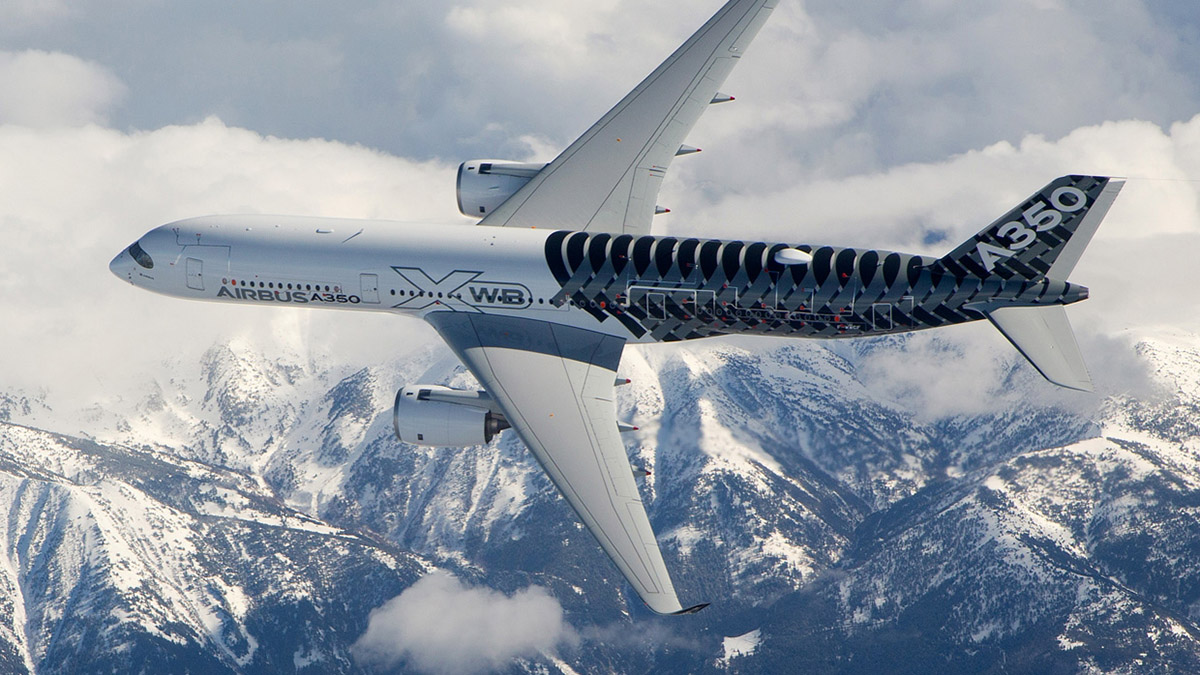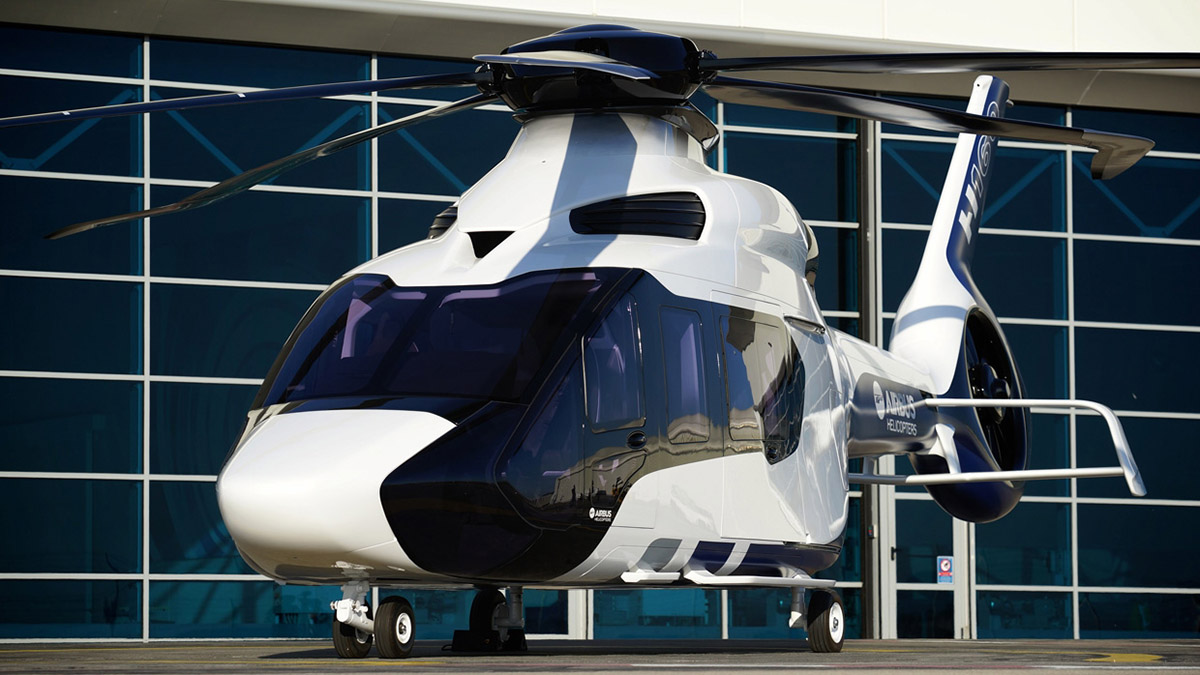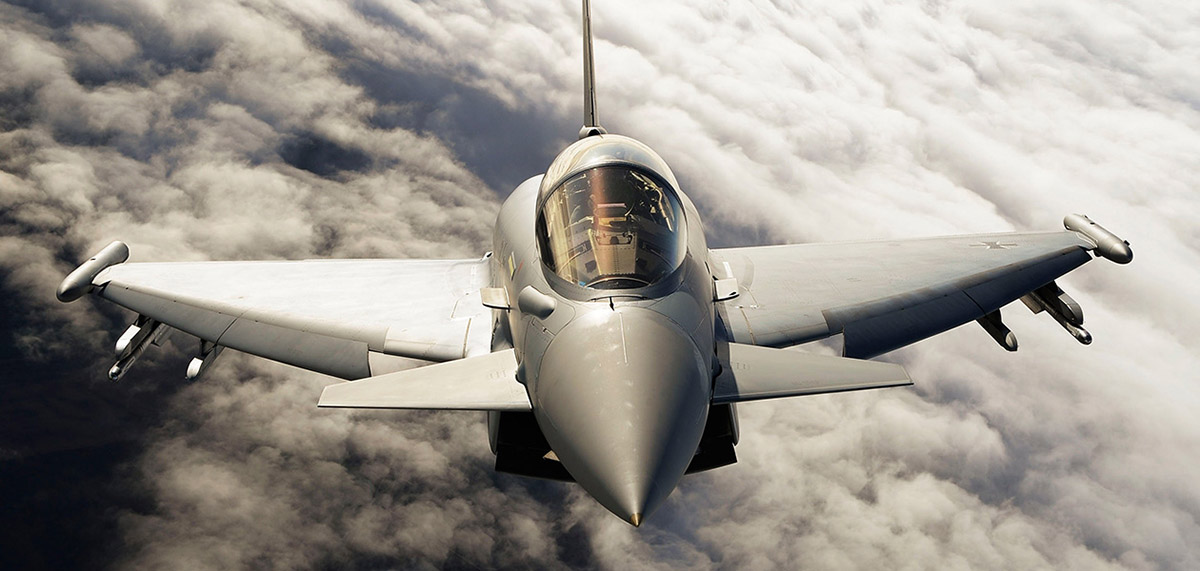Submitted by WA Contents
Airbus Group will release flying autonomous vehicles over urban areas in near future
United Kingdom Architecture News - Aug 26, 2016 - 21:31 18537 views

Airbus Group, a global pioneer in aeronautics, space and defence-related services, creating cutting-edge technology, envisions new types of airbuses consisting of flying city airbuses, airbus defence and space and airbus helicopters.
An aerospace company forms the future of urban mobility network with a new vision by inventing new high-tech products solving our traffic problems. Further, Airbus Group first commercial flight A380 landed RIOgaleão at Tom Jobim International Airport successfully on August 22, 2016. This Paris-Rio Air France flight was specifically scheduled on the occasion of the Rio 2016 Summer Olympics. This milestone was celebrated by the airport with a water salute on the arrival of the aircraft. The airport is joining the list of the 230 A380 compatible airports around the world.

One of Airbus A350 XWB developmental aircraft, painted in a special 'carbon' livery. Image courtesy of Airbus Group
Flight tests of the first vehicle prototype are slated for the end of 2017. As ambitious as that sounds, Rodin Lyasoff, A3 project executive, insists that it is feasible.
“Many of the technologies needed, such as batteries, motors and avionics are most of the way there,” explains the engineer. However, Vahana will likely also need reliable sense-and-avoid technology. While this is just starting to be introduced in cars, no mature airborne solutions currently exist. “That’s one of the bigger challenges we aim to resolve as early as possible,” says Lyasoff.

The new H160 will offer significantly improved performance, less fuel consumption and lower sound levels. Image courtesy of Airbus Group
Transport service providers are one target group for such vehicles. The system could operate similarly to car-sharing applications, with the use of smartphones to book a vehicle. “We believe that global demand for this category of aircraft can support fleets of millions of vehicles worldwide,” estimates Lyasoff.
At these quantities, development, certification, and manufacturing costs go down. And in terms of market entry, Lyasoff is equally confident: “In as little as ten years, we could have products on the market that revolutionise urban travel for millions of people.” A3 is powering ahead with Vahana and as is typical for Silicon Valley, the company thinks in terms of weeks, not years. Officially underway since February 2016, the project’s team of internal and external developers and partners have agreed on a vehicle design and is beginning to build and test vehicle subsystems.

Eurofighter Typhoon: the latest-generation Eurofighter is the world's most advanced new generation multi-role/swing-role combat aircraft. Image courtesy of Airbus Group
The challenge of flying autonomous vehicles over urban areas is summed up neatly by Bruno Trabel from Airbus Helicopters: “No country in the world today allows drones without remote pilots to fly over cities – with or without passengers.” The engineer leads the Skyways project, which aims to help evolve current regulatory constraints.
In February, Airbus Helicopters and the Civil Aviation Authority of Singapore (CAAS) signed a memorandum of understanding allowing Airbus Helicopters to test a drone parcel delivery service on the campus of the National University of Singapore in mid-2017.

Image courtesy of Airbus Group
It sounds as if Airbus were planning to become the new Amazon. “Not at all,” says Trabel. “We’ve no intention of competing with the Amazons and DHLs of this world. On the contrary, we see these companies as potential customers.” For the pilot project, Airbus Helicopters is developing an autonomous drone and the overall infrastructure, which is based on an operation management system created by Airbus Defence and Space.
The goal of the project is to assess the efficiency and economic effectiveness of such a transport system and provide tangible proof to authorities and the general public that commercial drones can indeed operate safely over urban areas.

E-Fan… and beyond: a look at the innovative Magic Carpet projects. Image courtesy of Airbus Group
“If we really want to resolve this fundamental question, we have to demonstrate the system under real conditions. This view is shared by CAAS,” says Trabel, explaining why Singapore was chosen as the location. In the Asian city-state, Airbus Helicopters will be able to develop the project in collaboration with the aviation authority. The success of the pilot phase could lead to the beginnings of commercial projects starting in Singapore. If the team is able to demonstrate the safe operation of Skyways over NUS, this could help shape the regulatory framework for unmanned aircraft system operations in Singapore and potentially increase acceptance for passenger flight testing, thus giving a boost to urban air vehicle projects.
Electrically operated aerial vehicles combined with more autonomous operation and data-driven business models could herald the biggest change in aviation in decades. “Our Group’s strength is that we have interconnected projects that together are helping to drive the upcoming revolution,” states Müller. “The contribution of Skyways, CityAirbus and Vahana in terms of regulations and public and market acceptance will bring to life the future of smart cities’ multimodal transport networks."

The Columbus laboratory — built by Airbus Defence and Space — is the European Space Agency's biggest single contribution to the International Space Station. (© ESA/NASA)
A network of flying taxis might sound like science fiction, but experts at Airbus Group believe that the vision is already taking shape. Airbus Group CEO Tom Enders is the first to agree. “I’m no big fan of Star Wars, but it’s not crazy to imagine that one day our big cities will have flying cars making their way along roads in the sky,” says Enders. “In a not too distant future, we’ll use our smartphones to book a fully automated flying taxi that will land outside our front door – without any pilot,” he concludes.
Experts worldwide are talking about smart cities of the future. But when it comes to mobility, the eyes of the pioneers have remained fixed on the ground. Their concepts are focused on electric cars, public transport and bicycles. Nobody seems to be looking for solutions in the sky. An opportunity for Airbus Group?

Artist’s impression of the multipropeller CityAirbus vehicle. Image courtesy of Airbus Group
Imagine landing at a major international airport after a long flight in an A380. Instead of suffering through a 90-minute taxi ride in the megacity’s gridlocked traffic, you hop into an electrically operated aerial vehicle from zenHOP, which brings you to your destination – landing on your chosen zenHUB – in just nine minutes. Too expensive? No, zenMOVE has found three other travellers who also want to get to the city centre. As a result, the flight costs no more than a taxi ride. On top of that, no need to worry about your luggage – zenLUGGAGE takes care of that – or your security, as zenCYBER protects your flight against hacker attacks.
This fictional scenario illustrates what the zenAIRCITY concept created by Vassilis Agouridas, and currently co-developed by Benjamin Struss – both from Airbus Helicopters – is about. The word ‘zen’ in the name stands forzero emissions and noise. “Given today’s technological and business constraints, most smart city concepts completely ignore flying. That’s why we’re convinced that this represents a truly disruptive opportunity for Airbus Group,” explains Agouridas.

Image courtesy of Airbus Group
Their business and mobility concept envisions a quiet, electrically operated aerial vehicle that is completely integrated into the infrastructure of a megacity. Possible platforms could include Vahana or CityAirbus.
At the heart of their vision is a whole range of products and services, encompassing everything from flying taxis and luggage services to cyber security. The goal? Offering passengers a seamless travel experience. Harnessing Airbus Group’s resources and know-how, there may well be a day when you actually use zenHOP to glide peacefully over traffic jams.
Top image: Future of Urban Mobility. Image courtesy of Airbus Group
> via Airbus Group